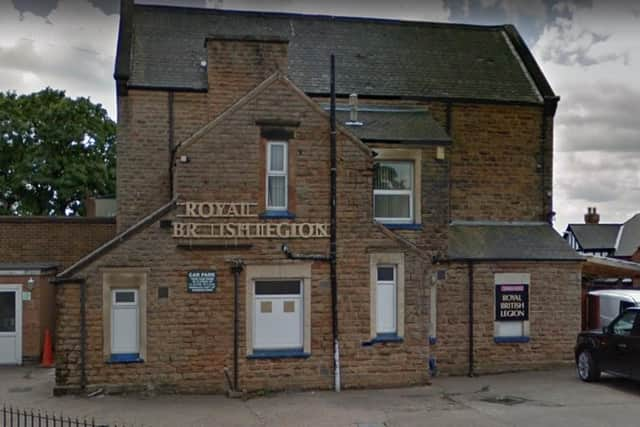Hucknall to mark 100 years of the Royal British Legion this weekend
and live on Freeview channel 276
Hucknall branch chairman Kevin Tomlinson will lay a wreath at the Cenotaph in Titchfield Park at 9am on Saturday, May 15 – recreating what the original founders of the Legion did in London 100 years ago.
On Sunday, May 15, 1921, a small number of ex-servicemen walked to the Cenotaph in London’s Whitehall.
Advertisement
Advertisement
As Big Ben struck nine, four men representing four service organisations that for three years had been rivals, laid a wreath at the base of the memorial.


On that wreath were the badges of the four organisations that would officially amalgamate to form the British Legion.
The main purpose of the Legion was straightforward: To care for those who had suffered as a result of service in the armed forces during World War I, whether through their
own service or through that of a husband, father, or son.
The suffering took many forms, from the effect of a war wound on a man’s ability to earn a living and support his family, to a war widow’s struggle to give her children an education.
Advertisement
Advertisement
As a result of the First World War, Britain’s economy plummeted and in 1921 there were two million people unemployed.
More than six million men had served in the war – 725,000 of whom never returned.
Of those who came back, 1.75 million had suffered some kind of disability and half of these were permanently disabled.
This situation moved Lance Bombardier Tom Lister, a Lancastrian, to decide that, if the Government was either unable or unwilling to do anything to improve the lives of ex-service men, he would do something about it himself.
Advertisement
Advertisement
This led to the formation of the Royal British Legion and by Christmas1921, there were 2,500 branches across the country, as well as overseas.
These were the groups around which the armed forces community rallied after the war.
They made change happen, fundraised during the Poppy Appeal, which was first introduced in November 1921 and provided welfare locally and became the foundations for what has become the UK’s largest armed forces charity.